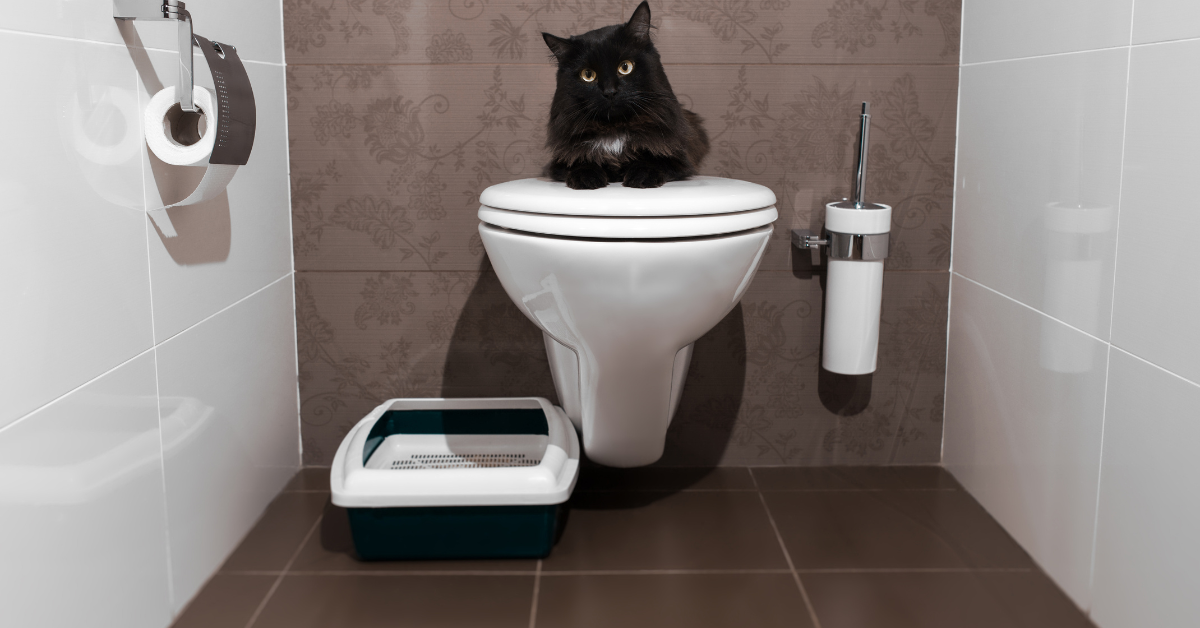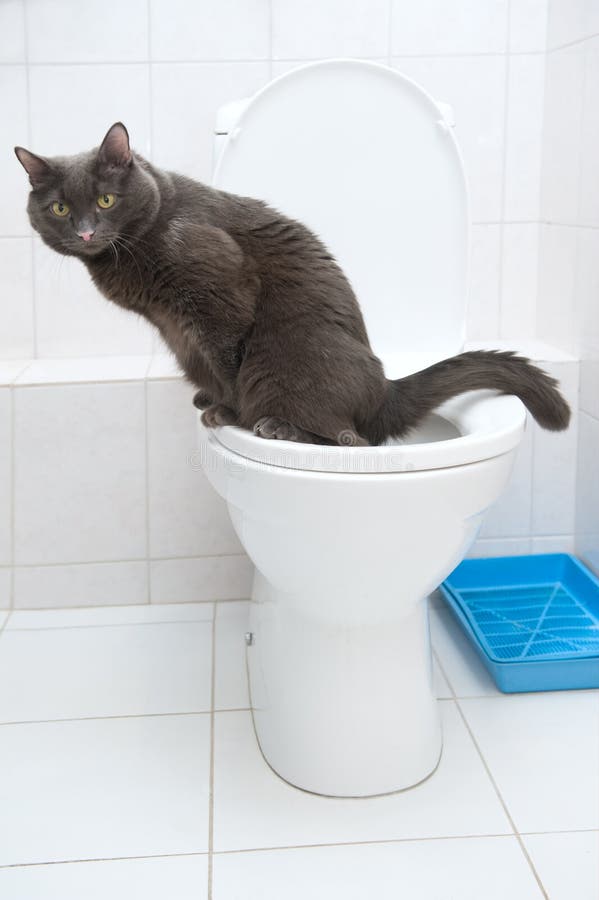Reasons You Should Avoid Flush Cat Poop Down Your Toilet - Important Information
ServicesWe've noticed this post on How to Dispose of Cat Poop and Litter Without Plastic Bags below on the web and accepted it made good sense to relate it with you here.

Intro
As feline proprietors, it's important to be mindful of exactly how we deal with our feline friends' waste. While it may appear practical to purge cat poop down the bathroom, this technique can have detrimental consequences for both the setting and human wellness.
Environmental Impact
Flushing pet cat poop introduces dangerous pathogens and bloodsuckers right into the supply of water, presenting a significant danger to water ecosystems. These pollutants can adversely influence aquatic life and compromise water quality.
Health and wellness Risks
Along with ecological problems, flushing cat waste can also position health and wellness dangers to people. Pet cat feces might consist of Toxoplasma gondii, a bloodsucker that can create toxoplasmosis-- a possibly serious health problem, especially for expecting ladies and individuals with weakened body immune systems.
Alternatives to Flushing
The good news is, there are more secure and a lot more accountable ways to deal with cat poop. Take into consideration the complying with choices:
1. Scoop and Dispose in Trash
The most common approach of taking care of feline poop is to scoop it into an eco-friendly bag and throw it in the garbage. Make sure to use a committed litter inside story and get rid of the waste promptly.
2. Use Biodegradable Litter
Go with naturally degradable pet cat litter made from products such as corn or wheat. These clutters are environmentally friendly and can be securely disposed of in the trash.
3. Hide in the Yard
If you have a backyard, consider burying pet cat waste in a marked area away from vegetable yards and water resources. Make certain to dig deep enough to prevent contamination of groundwater.
4. Set Up a Pet Waste Disposal System
Purchase a family pet garbage disposal system especially designed for cat waste. These systems use enzymes to break down the waste, reducing odor and environmental influence.
Verdict
Liable pet dog possession prolongs beyond offering food and shelter-- it also entails correct waste administration. By refraining from flushing pet cat poop down the bathroom and choosing alternative disposal approaches, we can lessen our environmental impact and secure human health.
Why You Should Never Flush Cat Poop Down the Toilet
A rose by any other name might smell as sweet, but not all poop is created equal. Toilets, and our sewage systems, are designed for human excrement, not animal waste. It might seem like it couldn’t hurt to toss cat feces into the loo, but it’s not a good idea to flush cat poop in the toilet.
First and foremost, assuming your cat uses a litter box, any waste is going to have litter on it. And even the smallest amount of litter can wreak havoc on plumbing.
Over time, small amounts build up, filling up your septic system. Most litter sold today is clumping; it is made from a type of clay that hardens when it gets wet. Ever tried to scrape old clumps from the bottom of a litter box? You know just how cement-hard it can get!
Now imagine just a small clump of that stuck in your pipes. A simple de-clogger like Drano isn’t going to cut it. And that means it’s going to cost you big time to fix it.
Parasitic Contamination
Believe it or not, your healthy kitty may be harboring a nasty parasite. Only cats excrete Toxoplasma in their feces. Yet it rarely causes serious health issues in the cats that are infected. Most people will be fine too if infected. Only pregnant women and people with compromised immune systems are at risk. (If you’ve ever heard how women who are expecting are excused from litter cleaning duty, Toxoplasma is why.)
But other animals may have a problem if infected with the parasite. And human water treatment systems aren’t designed to handle it. As a result, the systems don’t remove the parasite before discharging wastewater into local waterways. Fish, shellfish, and other marine life — otters in particular — are susceptible to toxoplasma. If exposed, most will end up with brain damage and many will die.
Depending on the species of fish, they may end up on someone’s fish hook and, ultimately on someone’s dinner plate. If that someone has a chronic illness, they’re at risk.
Skip the Toilet Training
We know there are folks out there who like to toilet train their cats. And we give them props, it takes a lot of work. But thanks to the toxoplasma, it’s not a good idea.

We had been guided to that report about How to Dispose of Cat Poop and Litter Without Plastic Bags through someone on our other blog. Kindly set aside a second to distribute this write-up if you appreciated it. Many thanks for taking the time to read it.
Call Today